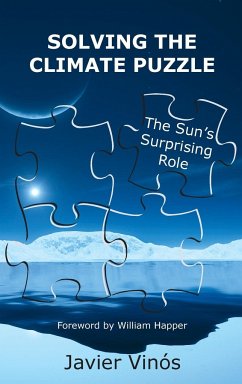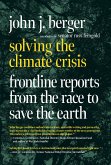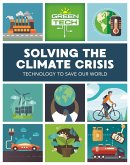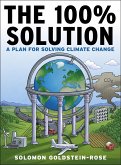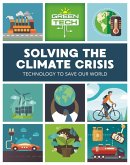Climate change is the most important scientific issue of our time, catalyzing a profound societal shift based on our perceived understanding of it. While many books explain what we already know about climate change, this book explores what we admit we do not understand about it. In doing so, it reveals a previously overlooked mechanism of climate change, one that operates in the background and eludes the scrutiny of prevailing climate theories and models. Astonishingly, this phenomenon is clearly evident in numerous climate studies, casting a new light on climate change that warrants a critical reevaluation of many of the conclusions presented in the IPCC Assessment Reports. Regardless of your position on climate change or your familiarity with the underlying science, this book offers a wealth of knowledge and a profound shift in your understanding of the dynamics that govern climate variability. With 134 illustrations (black and white in the paperback edition), this book aims to make climate science accessible to a broad audience, and only you, the reader, can ultimately determine the extent to which it succeeds in this goal.
Hinweis: Dieser Artikel kann nur an eine deutsche Lieferadresse ausgeliefert werden.
Hinweis: Dieser Artikel kann nur an eine deutsche Lieferadresse ausgeliefert werden.

